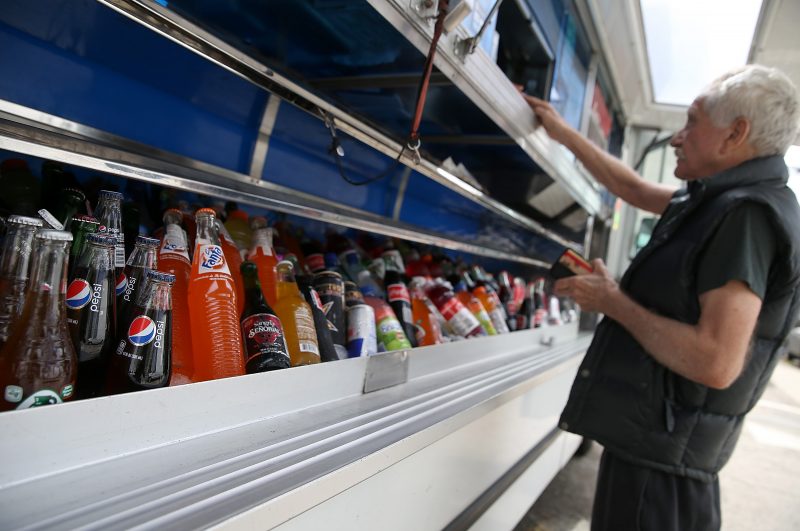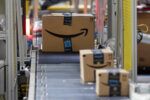Soft drink sales plunged in Philadelphia after soda tax: study
Since January 1, 2017, Philadephia has added a tax of 1.5 cents per ounce on all soft drinks including “diet” sodas (JUSTIN SULLIVAN)
Washington (AFP) – The 2017 decision by city officials in Philadelphia to impose a beverage tax on sugary and artificially-sweetened drinks caused sales to drop by 38 percent, according to one of the first studies evaluating the duty’s effects.
Since January 1, 2017, Philadelphia has added a tax of 1.5 cents per ounce on all soft drinks including “diet” sodas.
Shops passed on the additional costs to consumers, either in whole or in part, resulting in an average price increase across all beverages of 24 cents in supermarkets and 50 cents in mass merchandise stores.
Areas bordering the city that were not affected by the tax saw a bump in sales, but after accounting for this effect, the net fall in sales was estimated at 38 percent on year.
The numbers confirm a basic economic theory: if the price of a product goes up, fewer people will buy it.
“Taxing sugar-sweetened beverages is one of the most effective policy strategies we have to reduce purchases,” said Christina Roberto, an assistant professor of health policy at the University of Pennsylvania, adding it was a “public health no-brainer.”
The decline in sales was particularly sharp in large supermarkets and for so-called “family” bottles and packs, but no substitution effect was noted for bottled water.
The big drop in sales can also be explained by the relative poverty of Philadelphia, where heavy consumers of soda were more likely to be more price-sensitive.
Researchers used the city of Baltimore as a control because for the Philadelphia study because the tax was not imposed there. They found sales in Maryland’s biggest city remained stable.
Philadelphia was the second US city to have imposed the tax, after Berkeley in California. The taxes are highest in Boulder, Colorado (2.0 cents per ounce) and Seattle, Washington (1.75 cents).
Pediatricians actively campaign for beverage taxes to fight against numerous child health issues including obesity, cavities and diabetes.
Cook County in Illinois, which includes the city of Chicago, implemented a soda tax in August 2017 but it was repealed after intense lobbying from the soft drink industry.
Disclaimer: Validity of the above story is for 7 Days from original date of publishing. Source: AFP.


